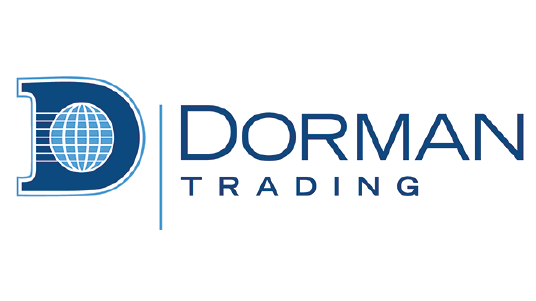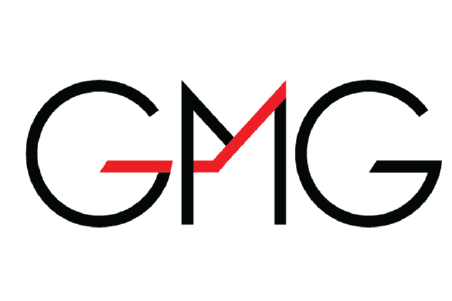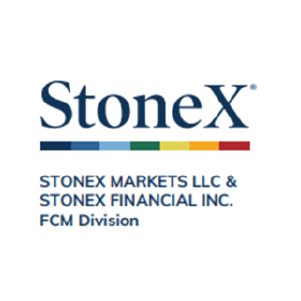♦Spoofing and the U.S. Supreme Court♦
The first person convicted under the anti-spoofing provision of the Dodd-Frank Wall Street Reform and Consumer Protection Act has been denied a hearing by the United States Supreme Court, Gary DeWaal reported last week in his Bridging the Week newsletter.
The Court declined to hear an appeal by Michael Coscia, who was convicted on 12 counts of spoofing and fraud in late 2015. Coscia asked the court to consider whether placing genuine open-market orders that could be and, in some instances, were executed can constitute commodity fraud. Coscia claimed that the statue under which he was convicted was “unconstitutionally vague,” arguing in his Reply Brief that the government “…cannot explain what is and is not ‘spoofing.’ That is because no one knows.”
While the High Court declined to hear the case, DeWaal reported that CFTC Commissioner Rostin Behman recently stated that spoofing “can be challenging to prove” because it requires evidence demonstrating a defendant’s intent to cancel a bid or offer prior to execution. He added that many orders may not be filled or be cancelled for legitimate reasons. As a result, “…a pattern alone may not evince misconduct.”
So where does this leave traders and their supervisors? In a nutshell, it’s essential to know the rules and it’s prudent to err on the side of caution.
Our Market Conduct course takes a deep dive into spoofing and other forms of disruptive trading (messaging violations, wash sales, market manipulation, pre-arranged trading, noncompetitive trading, front-running and insider trading). Regulators have made it clear that ignorance of the rules is no excuse!
Gary DeWaal is Special Counsel with Katten Muchin Rosenman LLP in its New York office focusing on financial services regulatory matters. He provides advisory services and assists with investigations and litigation.













